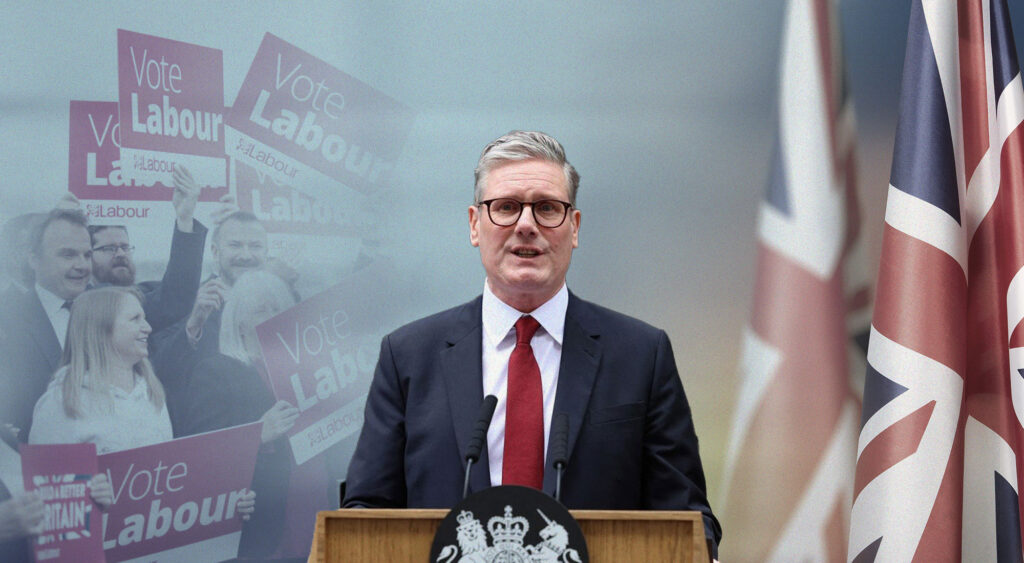Political Climate in the UK Shifts Amid Key Developments
The UK political landscape is experiencing significant changes as various political figures navigate a series of controversies and leadership challenges. In recent developments, the allegations surrounding former Prime Minister Boris Johnson and his administration continue to provoke scrutiny. Questions have arisen regarding the legality of donations linked to foreign billionaires during his tenure, with logs indicating that a prominent individual was described as a “donor” during a meeting with Johnson at Downing Street.
As political dynamics unfold, Sir Keir Starmer, the current Labour Party leader, faces pressure from the opposition and internal party members. Recently, he announced an upcoming meeting with Israel’s president at Downing Street, where he intends to address the critical humanitarian situation in Gaza. According to Number 10, Starmer will emphasize the urgent actions needed from Israel to alleviate the “horrific suffering” experienced by the inhabitants.
Labour Party Leadership Challenges
The Labour Party is currently preparing for a deputy leadership election following Angela Rayner’s departure from the role. Six candidates are vying for the position, and the party is keen to select a successor who reflects its evolving priorities. Nominations to find a new deputy leader are set to open, with the winner announced on October 25. McGovern, a candidate in the race, has withdrawn her bid and endorsed fellow contender Hilary Phillipson, stating concerns about gathering the necessary support of 80 MPs to proceed.
- Key Candidates for Labour Deputy Leader:
- Hilary Phillipson (backed by McGovern)
- Additional candidates under consideration
Concerns Over Ukraine and International Relations
The British government is facing intensified scrutiny regarding its foreign policy strategies. Home Secretary Shabana Mahmood has indicated that her priority will be securing the borders and enforcing stricter immigration policies. Following her recent appointment, there are rising concerns that the UK could potentially suspend visas for nations that fail to cooperate with migrant return agreements.
Furthermore, discussions surrounding China’s plans to build a significant embassy in London have prompted much debate. Critics argue that allowing such a project in the historic Royal Mint Court goes against legal and ethical standards. This opposition highlights the ongoing tension between the UK and China regarding their diplomatic relationship.
Ongoing Controversies and Opinions
In lighter news yet equally significant, former Labour politician Peter Mandelson faces backlash over his past ties to convicted sex offender Jeffrey Epstein. Mandelson recently referred to Epstein as a “best pal” in a birthday card, prompting critics to question his judgment and associations. The UK ambassador to the US has likened his historical connections with Epstein to “an albatross around my neck,” suggesting the implications of such relationships are still relevant today.
This series of events illustrates the precarious position of political leaders in the UK as they grapple with both domestic issues and international relations. Amid these challenges, the Labour Party’s ability to restructure and reposition itself will be vital as it navigates the upcoming elections in a context of uncertainty.
| Key Player | Current Position | Notable Actions |
|---|---|---|
| Sir Keir Starmer | Leader of Labour Party | Addressing humanitarian crisis in Gaza |
| Shabana Mahmood | Home Secretary | Stricter immigration policies proposed |
| Peter Mandelson | Former Labour Politician | Controversial remarks on Epstein |


